Northern Winds: Reading Tayeb Salih in Sudan
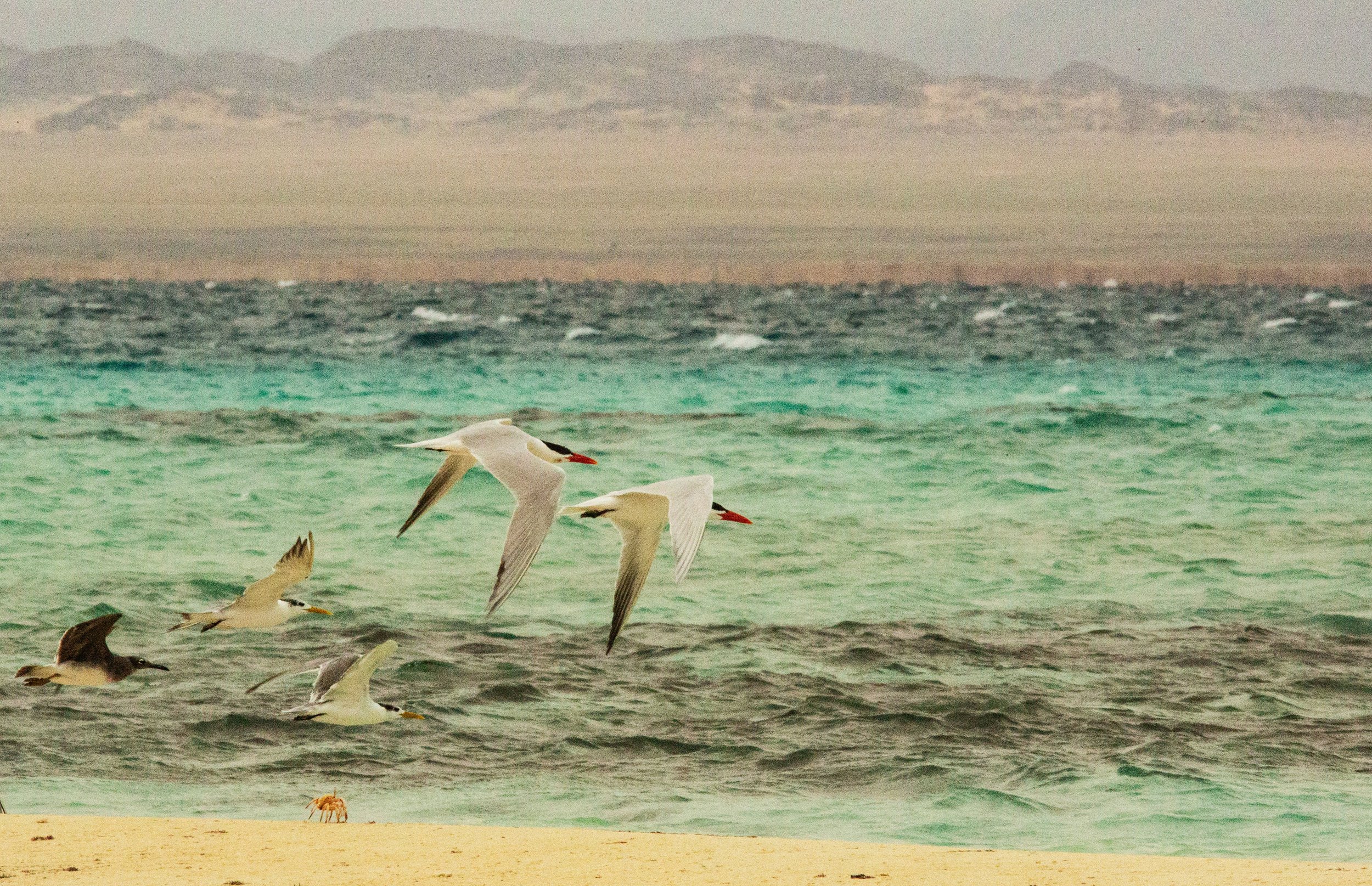
The breeze that whispers over Khartoum during the stillest moments carries secrets from the desert. It tells the story of ancient civilisations that overturn pedestrian notions of history—pyramids older than the ones we flock to photograph, Christianity that took root centuries before it became an object of frenzied adulation in the Western hemisphere. It is a hot and dry breeze that seeks to unsettle. It has no interest in calming the traveller, only in reminding you that Sudan has been the confluence of ideas and societies longer than the idea of textbooks itself. It is a breeze that reminds you to be humble in the face of things that are bigger than you.
These are some of the thoughts I scribble down in my journal as I sit on the balcony of my hotel in downtown Khartoum one April, trying and failing to settle into ease in the absence of the air conditioning. Cold air from a machine feels decadent to a life built in Nairobi, where air conditioning is the preserve of banks and hotels. But in Khartoum, life without air conditioning seems impossible to imagine, even though I am determined to try. The breeze does not cool me. It douses me in a thin veneer of sand and makes it impossible to forget the cool sweat beading down my back.
I am on the balcony seeking ease so I can glide into Tayeb Salih’s Season of Migration to the North. Like many children in post-colonial societies, in school I was fed a steady diet of Western novels that were supposed to be the measure of greatness. I have fallen asleep and drooled all over a second-hand copy of Shakespeare’s As You Like It. I have grappled with Steinbeck. But I also grew up immersed in the words of Barbara Kimenye and the Pacesetters series. This is probably why I find the literary selections in secondary school and university so disappointing. How many times can a person read Chinua Achebe’s Things Fall Apart as an example of the best that African literature has to offer?
In my case, the answer is three and counting, so when someone says “Read Salih as a response to Achebe,” I’m not enthusiastic. In fact, I’m dreading it. You see, African literature suffers the burden of being ranked and rated primarily outside the continent. Most of us who write are published in European capitals, judged against European canons, and dependent on Western audiences that often cannot find our countries on a map to turn this writing thing into something that maybe will pay one day. We are not our own primary audiences. This means that we are often forced to write clumsily—forcing in qualifications and explanations where writers from those audiences would probably just assume the reader knows. I have read enough to find this kind of writing mind-numbing and desultory. I cannot read any more African-fiction-as-anthropology.
So I come to Salih with the hot breeze over Khartoum gluing my sweat-soaked tunic to my back. My previously cold Fanta is also sweating profusely, threatening to give up its tart effervescence and collapse into a warm syrup of nondescript chemicals. I roll my neck around once more, my bare feet hanging off the balcony, and open that first page so I can begin to verify if I am reading a novel or yet another anthropology book.
*
“This, too, is a colonial legacy. This inability to make room for an African intellect that is not applied to medicine, engineering, or traditional legal practice. What does it mean to resist or to step outside these inherited expectations?”
Soon, worries about the heat and the discombobulating Fanta simply disappear. Season of Migration to the North is a lyrical account of what it means to leave home and then return, something I had also recently done, moving to Europe and then North America as a student for what would amount to eleven years of my adult life.
In the novel, Salih’s narrator returns to his small village in Sudan after some time in England, where he studied English literature. Back home yet mired in disorientation, he encounters another former student of English languishing in the village. This former student, Mustafa Sa’eed, is also too alienated to belong either in England or in Sudan, stuck with a doctorate in English poetry in the middle of a small Sudanese village.
This is a book difficult to summarise for someone who hasn’t read it—it effortlessly jumps between timelines and characters, hopping between Sudan and the UK. For most people, Season of Migration to the North is a story about colonisation, migration, and return. But condensing it entirely to this premise robs it of what makes it unique and important. It’s also a book about Sudan, and a country trying to see itself again after it has been distorted by the West, and specifically the British Empire.
To me, Salih’s story probes how colonialism shatters our notions of progress, success, or even simply being within our communities. Salih asks these questions in parables and riddles. Some of the incidents are jarring, and must have been more shocking upon the book’s 1966 publication. In sections of the book recounting his experiences in the UK, we learn of Sa’eed’s sexual relationships with several British women, all of which end in tragedy for both parties. I am shaken by the image of English girls who commit suicide after pursuing sexual encounters with African men. These are colonial encounters, like passionate sex, in which one consumes and the other is consumed. Can love ever exist when one party only sees the other as a mysterious object to be consumed? Can the relationship between the West and Africa ever be one of equals when the latter is only seen as an exotic frontier where fortunes can be made? I look at Sudan and my own country, Kenya, and I wonder—what kind of future is possible between people when one is still taught that they only exist to be consumed?
These are things that those of us who live in post-colonial countries are constantly battling with, even though not always consciously. Colonisation was more than a political experience. It was physical and cultural violence designed to break the colonised, from the tips of their tongues to the soles of their feet. Similarly, the “civilising mission” was a benign turn of phrase for a concerted effort to remake non-white people from the inside out. Even though speaking English can give us descendants of these countries a margin of advantage in an Anglophone world, the dominance of English is and will always be a product of that colonial violence.
In fact, language is one of the points at which colonial violence continues to replicate itself. “You speak English with astounding fluency,” the British characters in the book keep repeating to Sa’eed. I practically gasp at the familiarity. I think of how Kenyans and Sudanese people born after the arrival of the British would have been beaten in school for speaking languages other than English. The violence broke their tongues and, like Salih’s narrator, not only do they become fluent in the language, but they learn enough to teach it back to the English. I think of my four university degrees from three of the world’s best universities, in England and in the US. It wasn’t enough for me to learn their words, I had to be better than they were at their own language. I think of the strange looks and murmurs of confusion that met my decision to return to Kenya immediately after graduating law school. “Why would you leave?” everyone wondered. I think of all the people I met on my return whose stars burnt bright only to fizzle out in the shadow of a system that destroys its best and brightest. This, too, is a colonial legacy. This inability to make room for an African intellect that is not applied to medicine, engineering, or traditional legal practice. What does it mean to resist or to step outside these inherited expectations?
I eventually find ease on that balcony by rubbing the cold Fanta on the back of my neck and wrapping a wet towel over my feet to keep them cool. I cannot stop reading Season of Migration to the North, finishing it in mere hours even though I had brought it to read through the entire trip. Salih writes fluidly about how we who grow up in societies where whiteness is an abstract yet somehow omnipresent idea have to adjust our sense of the world and ourselves when we encounter whiteness away from home. His unreliable narrator resents his own metamorphosis and invites me, the reader, to examine my own. What did I lose in the time abroad? What did I lose from the way my family was broken by the violence of colonisation? What kind of possibility is birthed from silences, violence, but also a rich and beautiful past?
Salih’s Sa’eed grapples with how departure leaves one yearning for home and unable to return fully, compelled to keep moving by an inexplicable momentum: “...the bowstring had become more taut. The arrow will shoot forth towards other new horizons.” To be in the postcolony is to be restless for the other half after you have been split into two cultures and two histories. I feel Salih’s sympathetic judgment and amused understanding as I sit on that balcony in Khartoum. I like the way he asks questions—with sensitivity, curiosity, and generosity towards his characters—even when he makes it plain to you, the reader, that they should have chosen better. “Rationally,” his narrator offers as he contemplates life in the small village, “I know what is right: my attempt at living in the village with these happy people. But mysterious things in my soul and in my blood impel me towards faraway parts that loom before me and cannot be ignored.” I feel that statement in my soul, and I feel the unresolvable tension.
Those of us who live with what Salih later calls the germ of wanderlust know how hard a condition it is to manage. We know that the ignorance of standing still is only blissful if you can somehow curb the infection before it takes root. But once it takes root, that indescribable sense of needing to be in perpetual motion becomes impossible to ignore, even when you know it is marking you out as strange in the societies you leave and those you enter.
*
“Salih allows me to leave the Sudan of orientalist fantasy, depressing news cycles, and white terror for a gentler, more complex place. Salih provides the ease that I cannot find myself, so that I can enter Sudan more placidly in my own season of migration to this north.”
Salih becomes my unofficial guide to Sudan during the nine days I am in the country. I’m here to find direction after a particularly difficult season of work, and Salih takes me to the Nile. I read his description of the two rivers merging in Khartoum long before I see it myself, their two colours contrasting dramatically before the united river marches triumphantly north—the sole source of water and therefore life for the many towns that line it. Before Salih, Sudan was intimidating. Everything I knew about it I had read in the news and all that news is grim, including a forty-year civil war that apparently pitted dark-skinned Christians against Arab Muslims. Salih allows me to leave the Sudan of orientalist fantasy, depressing news cycles, and white terror for a gentler, more complex place. Salih provides the ease that I cannot find myself, so that I can enter Sudan more placidly in my own season of migration to this north.
In Suakin, thanks to Salih, I know I am at the last stop for Africans on their way to Mecca for the Hajj, the sparkling lights of Riyadh visible on the docks at night. I can laugh with the men playing pool on the docks in Port Sudan even though I am wearing jeans and my head is uncovered. Salih has prepared me for a tolerant and multicultural Sudan, one quite unlike the mythical insular society that has dominated the news cycle since the 1990s. I can amble through Kassala alone, its undulating hills towering over the market as I mill about sniffing spices and taking photographs. I can accept the cardamom coffee offered by the family enjoying a picnic in a mosque’s women’s section and know this is a place of warmth. Its people have experienced so much of the richness of Africa over time, and we are not strangers to each other, just people separated by the vagaries of politics and modern life. I was scared of Sudan when I left Nairobi at three in the morning, but by the time I leave nine days later, I have travelled so much in the country that the hotel owner says: “You’ve seen more of this country than I have, and I have lived here for forty years.”
Salih makes me brave. He gives me Sudan as an African country trying to find its way back to itself after the rupture of colonialism. But his is not a romanticised notion of a collective history. He tells a particular story of what it means to be an individual in a society stuck between the shadow of its potential and the gaping emptiness of its expropriated and battered past. Salih makes me brave for Sudan because he reminds me that post-coloniality is as much an individual story as it is a collective narrative. He readies me for warmth and complexity, for traces of the familiar instead of monotone coldness. Even when I am alone at the pyramids of Meroë, the only visitor marvelling at the first place in human history where people smelted iron, I am not afraid. Salih has already taught me to be at home in Sudan.
ABOUT THE AUTHOR
Nanjala Nyabola is a writer and researcher based in Nairobi, Kenya. She writes analysis and commentary for numerous publications around the world and is the author of Digital Democracy, Analogue Politics: How the Internet Era is Transforming Politics in Kenya (Zed Books, 2018), Travelling While Black: Essays Inspired by a Life on the Move (Hurst Books, 2020) and Strange and Difficult Times: Notes on a Global Pandemic (Hurst, forthcoming).
Read Nanjala’s “Behind the Essay” interview in our newsletter.
Header photo by Erik Hathaway.
Edited by Aube Rey Lescure.


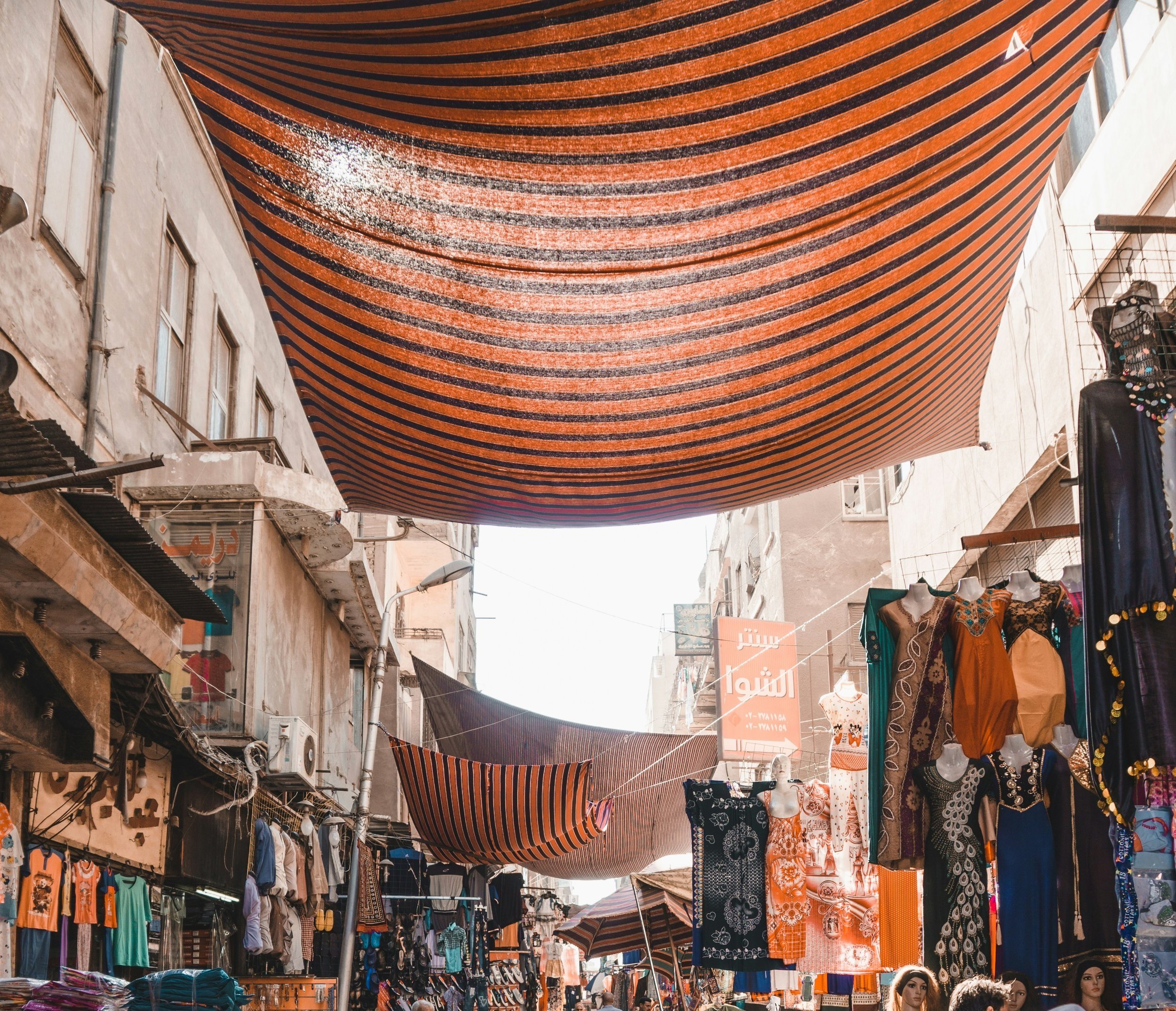
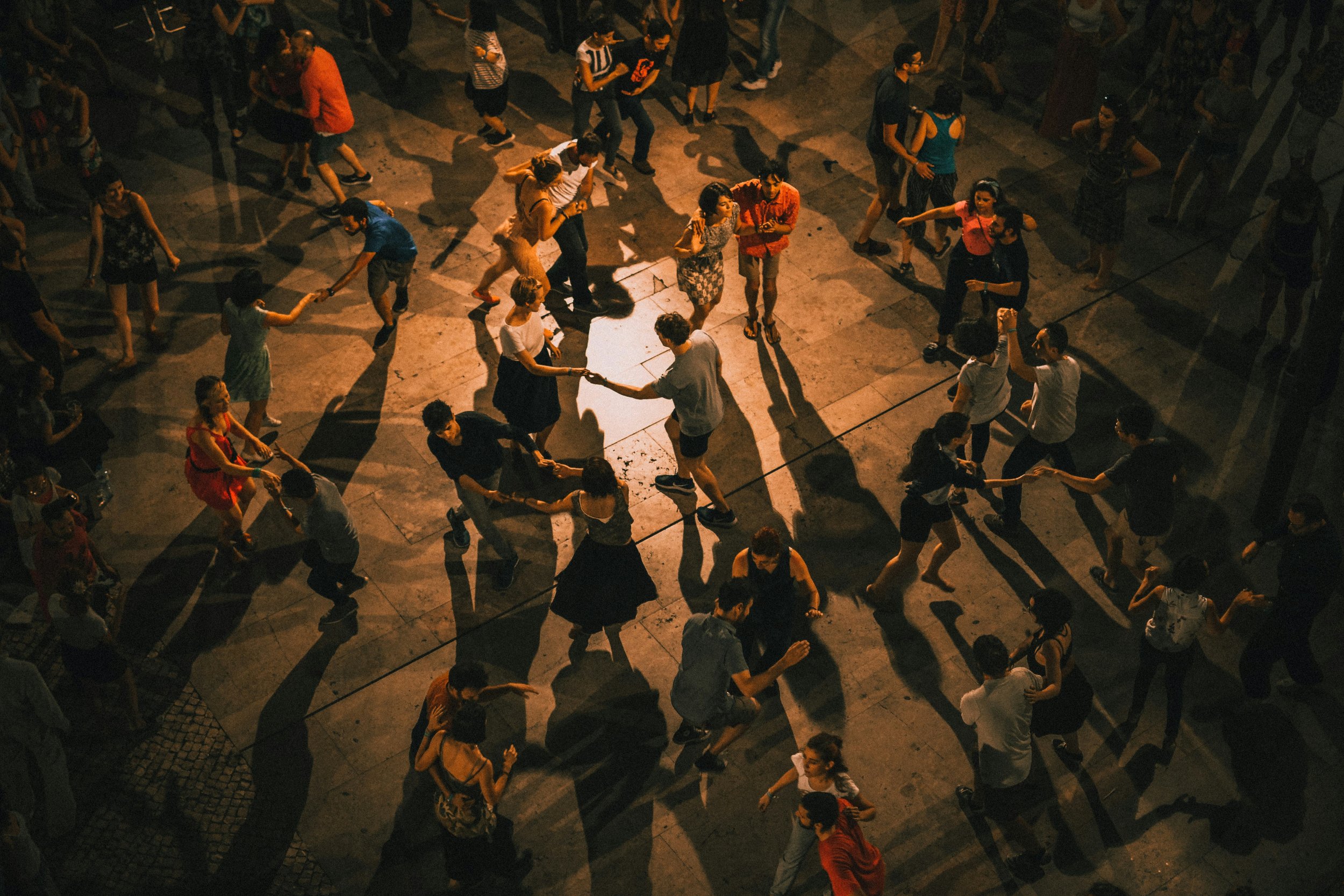
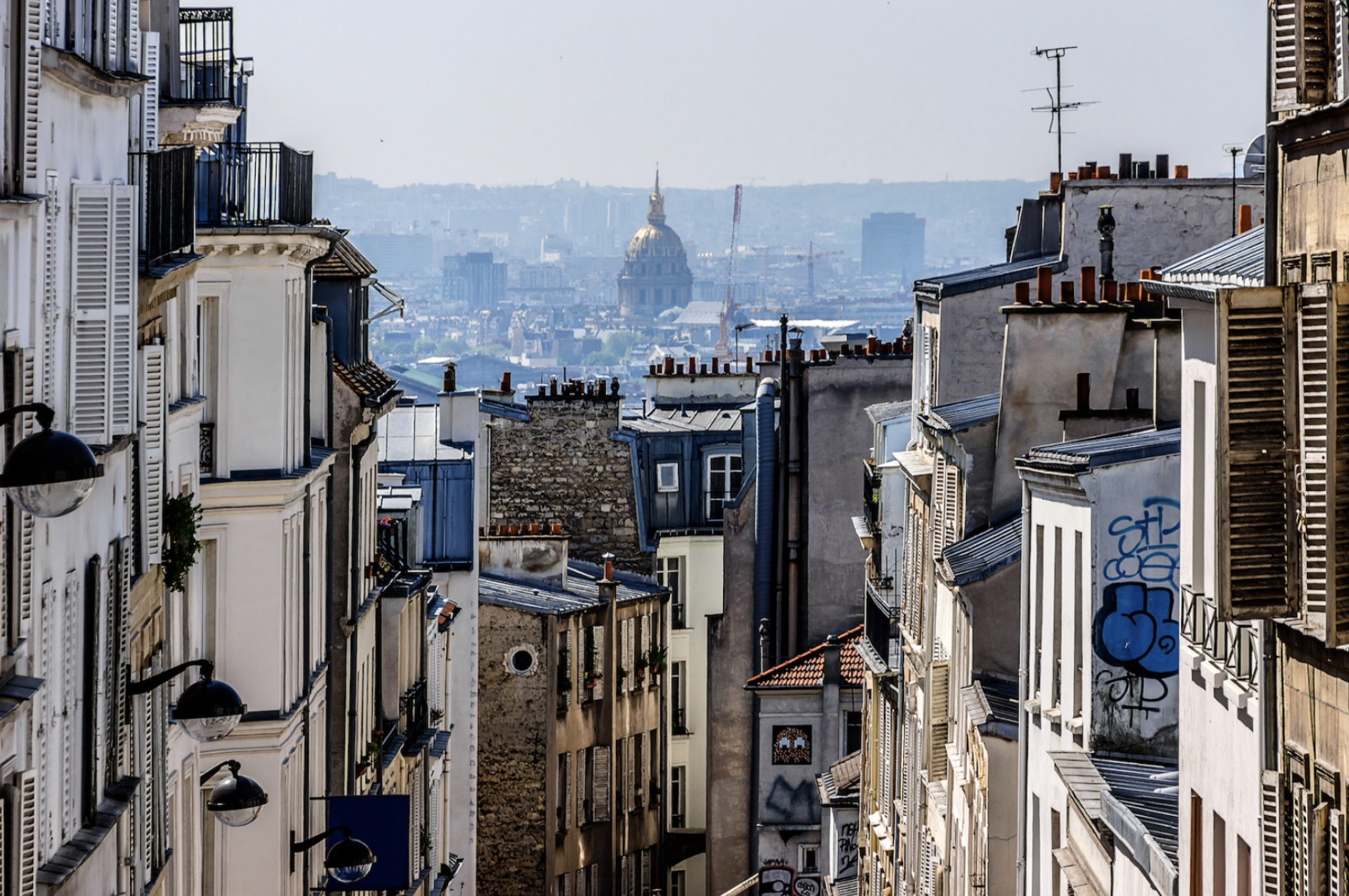


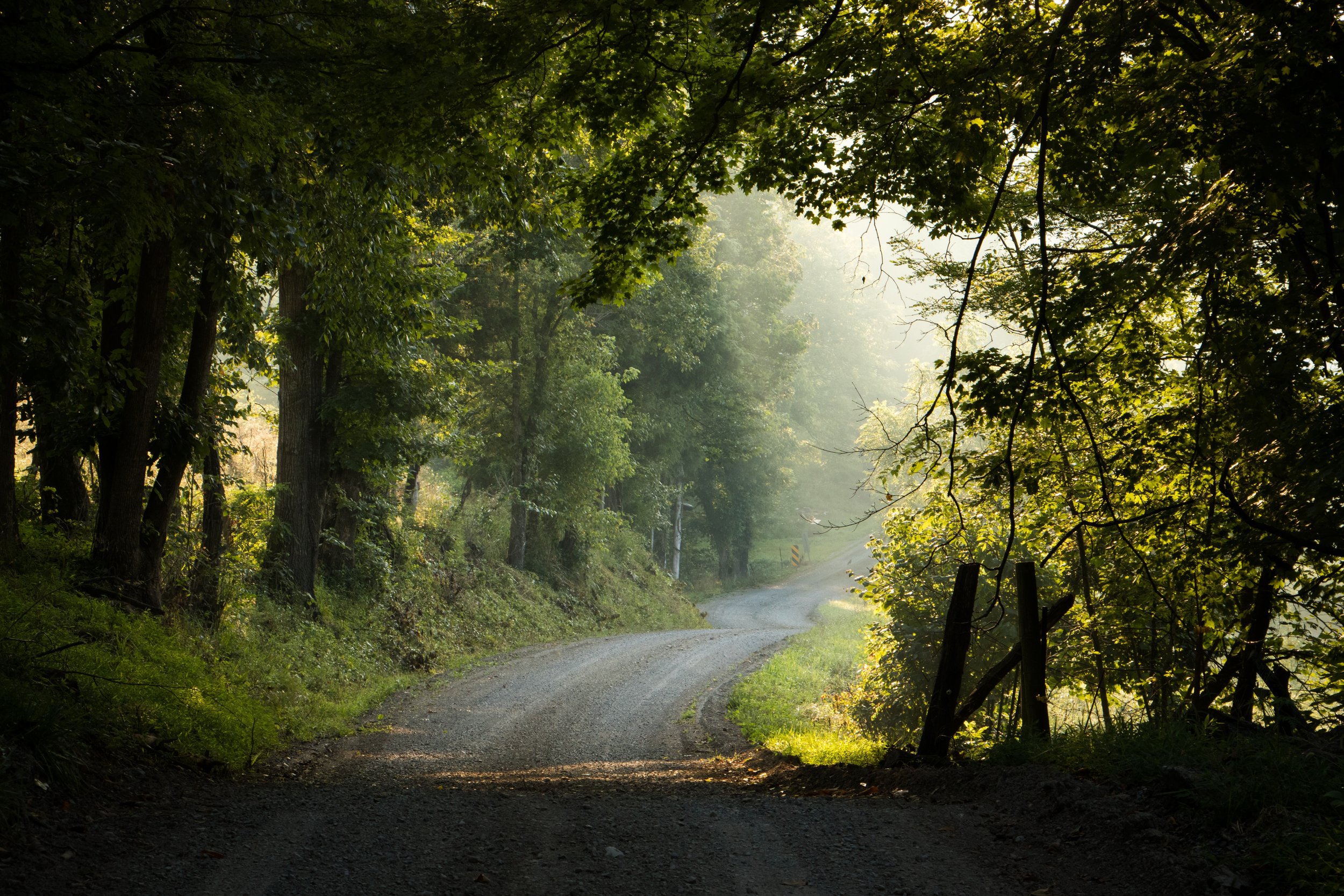

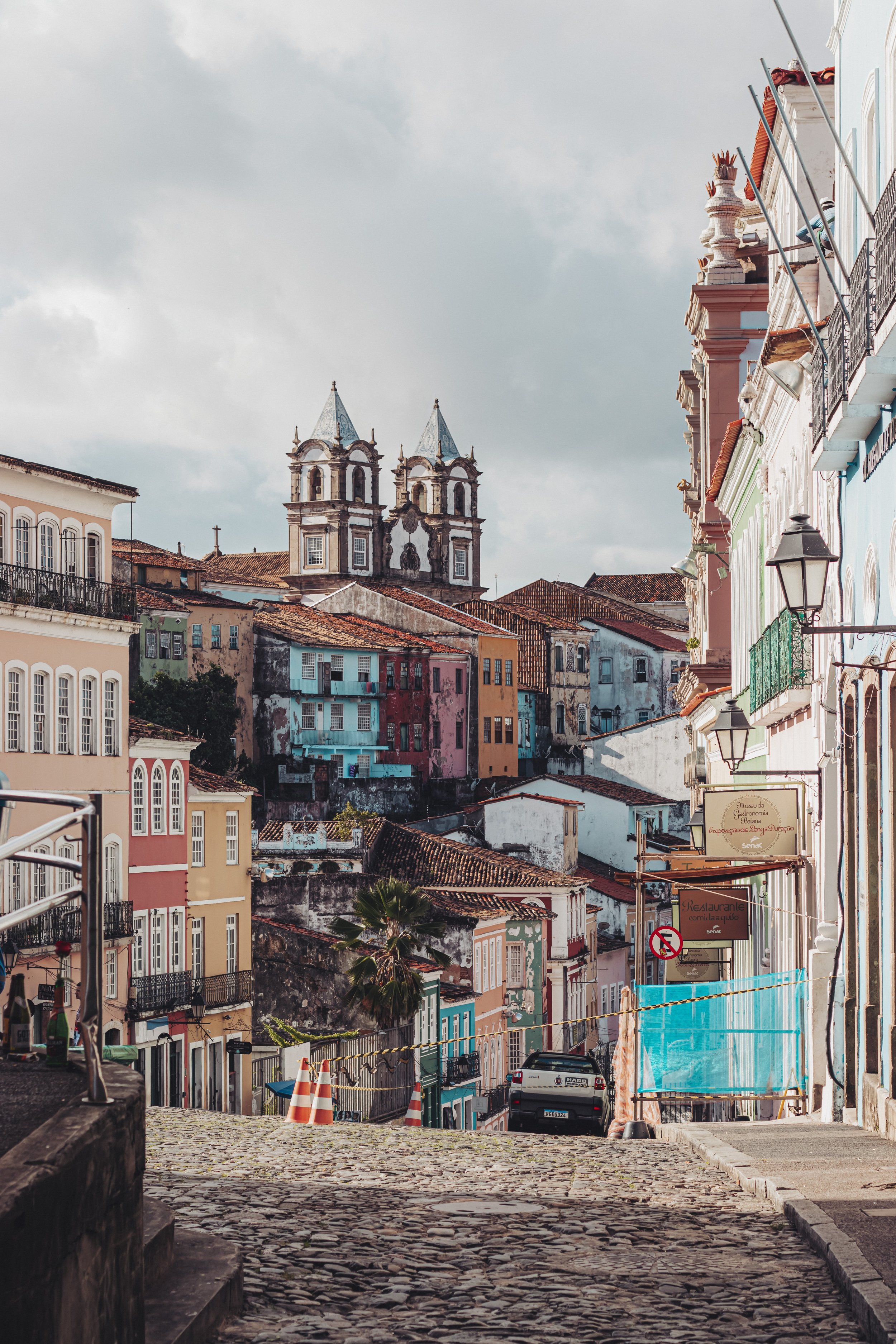
At the end of August 2023, I flew to Indianapolis where my friend, the artist Kate Parnell, picked me up in her mom’s silver Hyundai Sonata of late-90s vintage. It maxed out at 62 mph. Above the license plate, Kate had stuck a bumper sticker that read “Garfield from Memory,” the name of a four-year art project that had become her full-time job. The tagline: “The great thing about painting Garfield from memory is no one can tell you you’re wrong.”